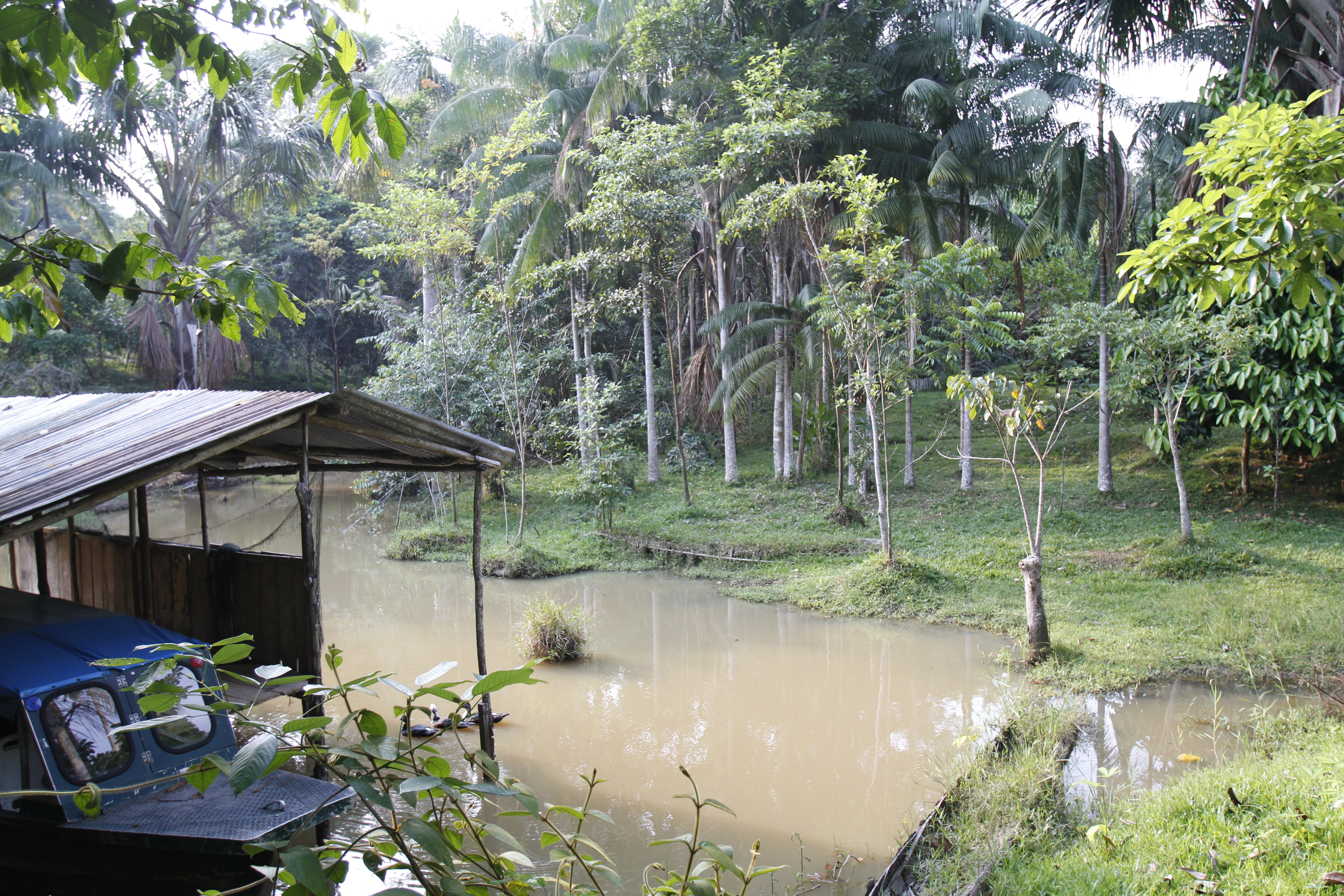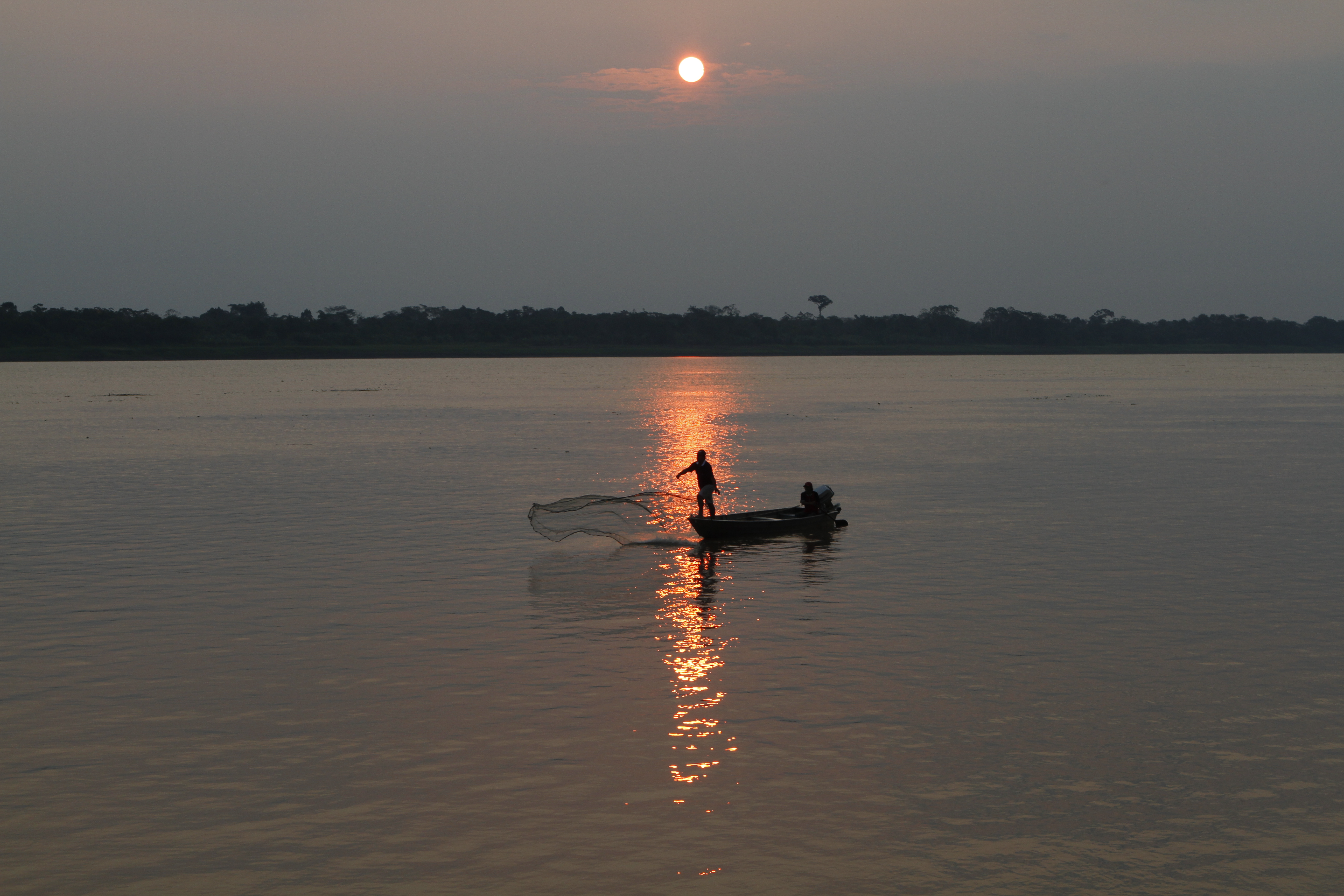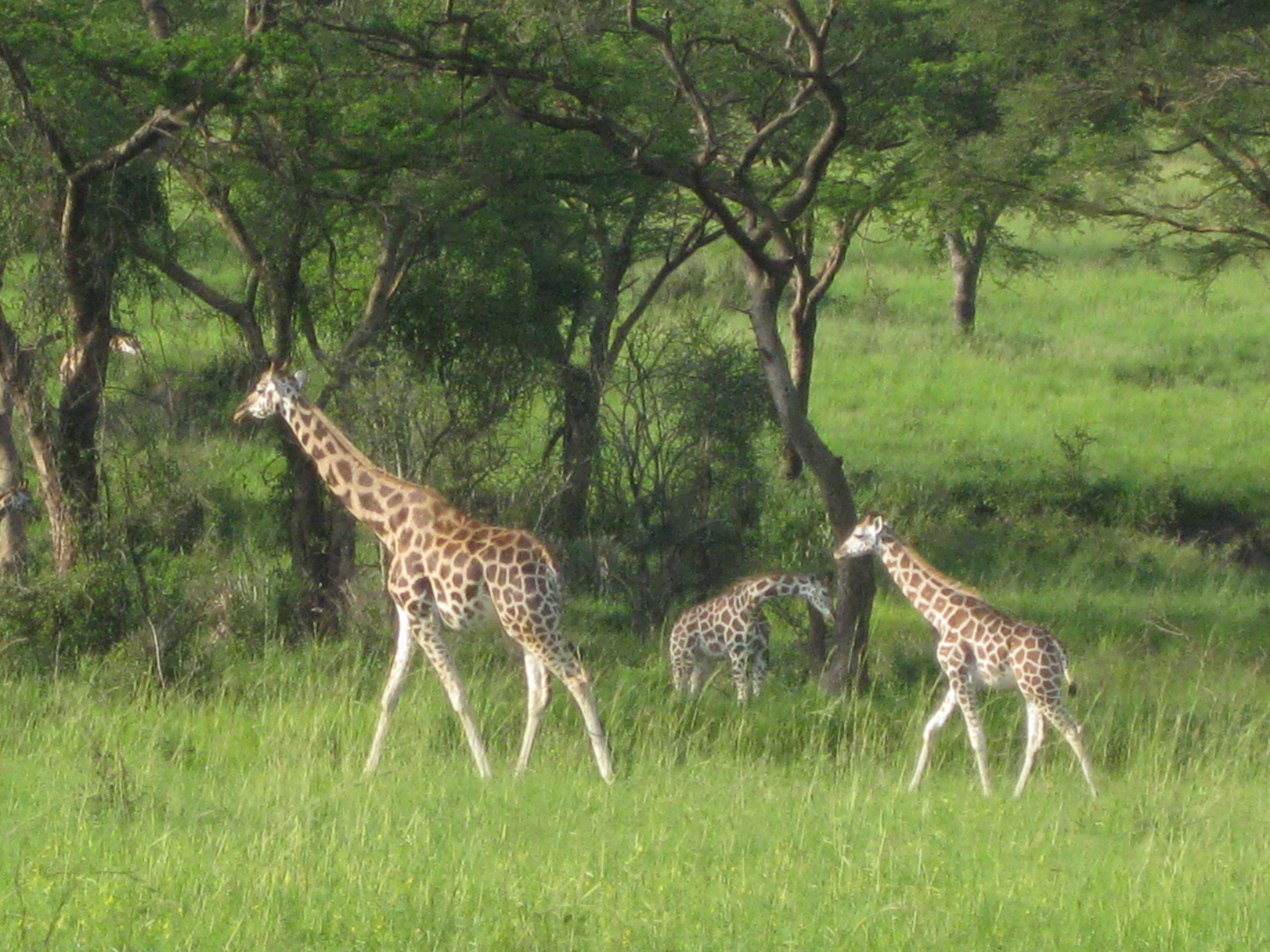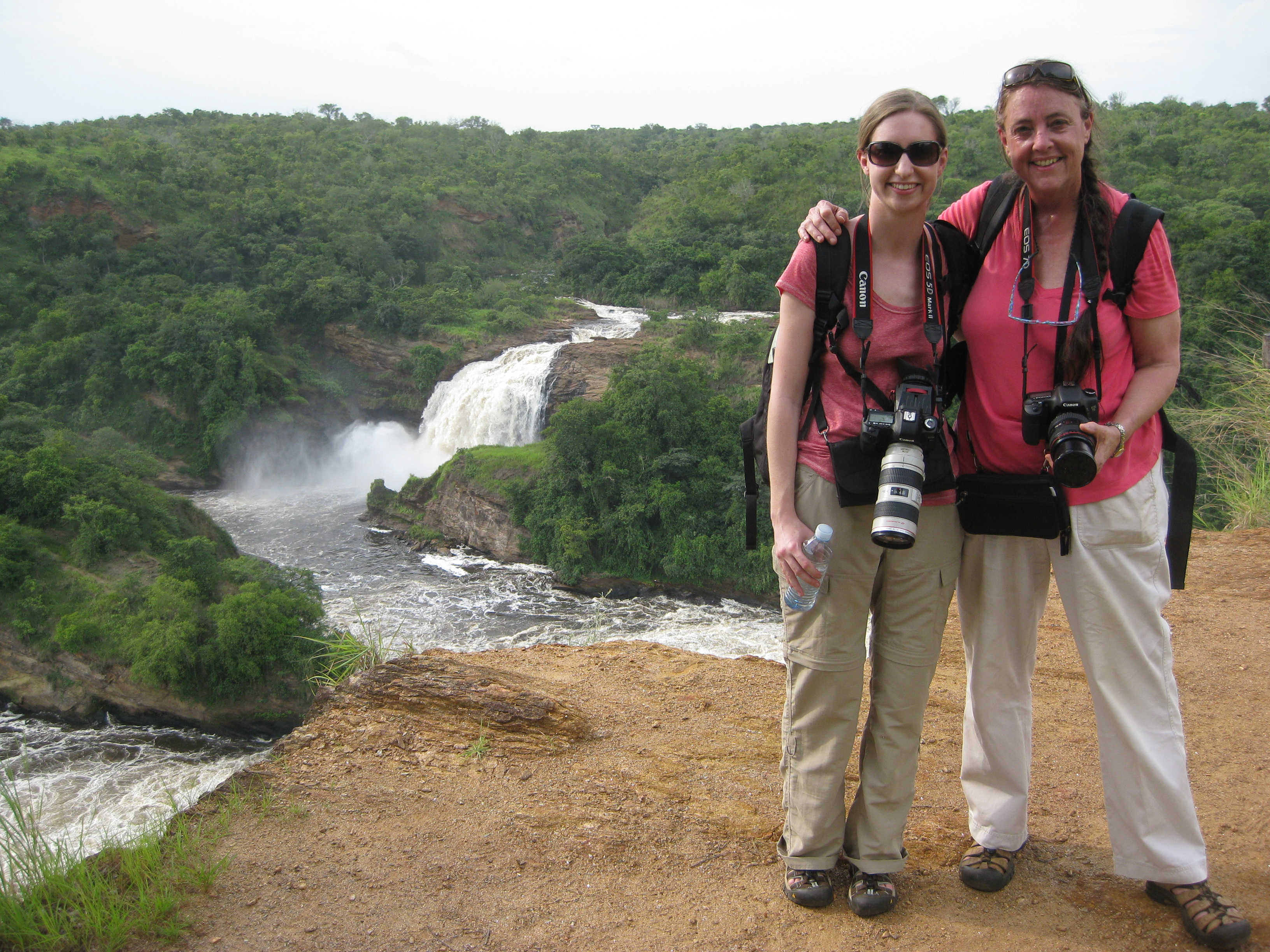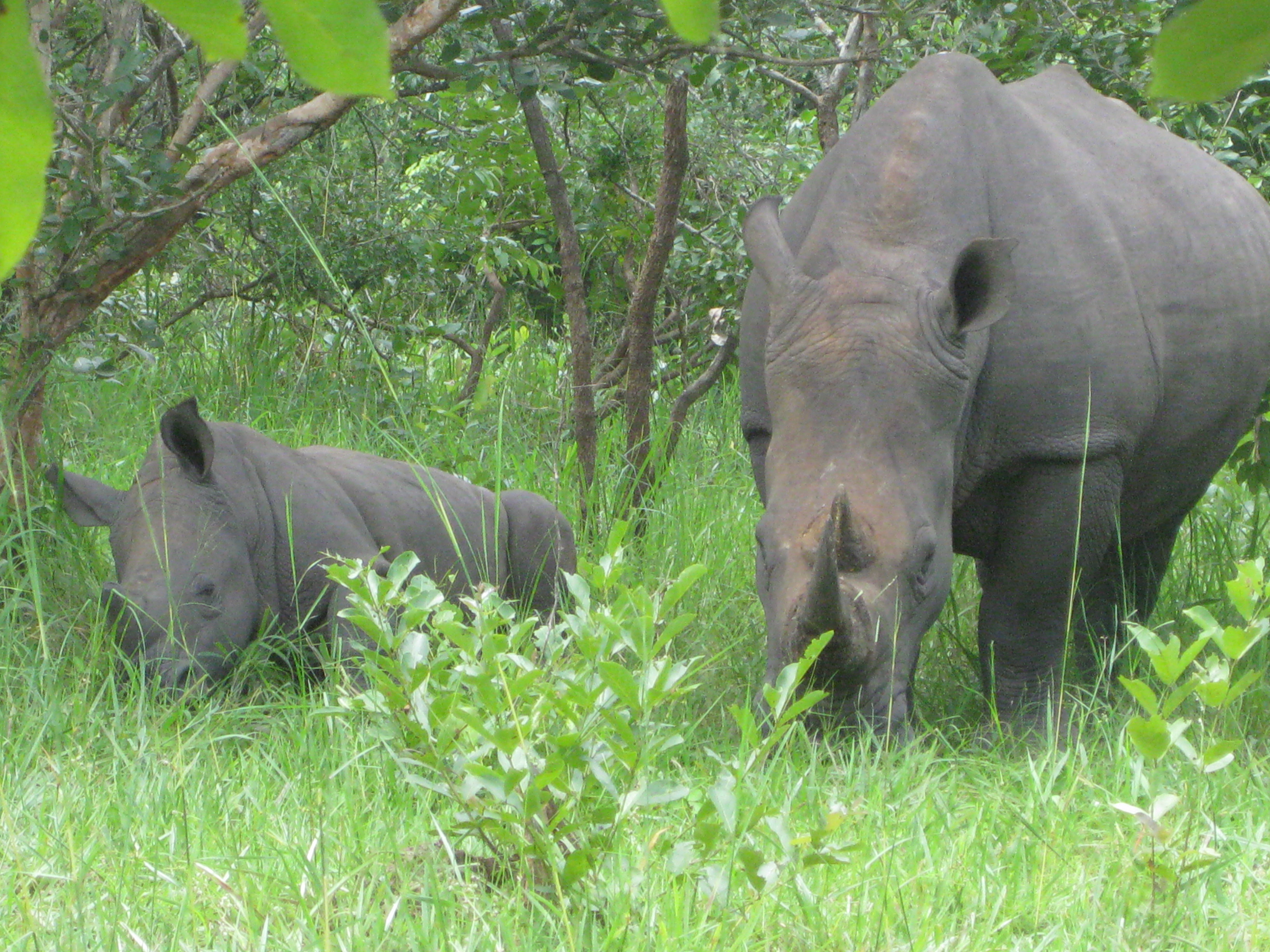Tag Archives: river
After four days of rest at home, it was rather surreal to get back out on the road again. Four days is a strange amount of time – it’s not enough time for you to completely settle in, but it’s just enough time to throw you off your traveling mode. Nevertheless, it was much needed and it felt routine when we returned to the airport. Just another flight, another immigration control, another taxi ride, another hotel. In fact, it felt so routine that I didn’t even really realize that I was in another country. There was no great sense of wonder or excitement arriving in Lima – perhaps because I had been there before. But it was a different story when we arrived in Iquitos. I was in the Amazon jungle now.
Iquitos is supposedly the world’s largest city that is not connected by road to any other city. You can only get there by plane or by boat. Bustling with “motokars” (auto-rickshaws) and every type of boat you can imagine, it’s hard to believe that this “jungle city” of 200,000 people is as isolated as it is. It was there that we met our subject, Gina Low, who founded APECA Peru – an organization that aims to preserve the Amazon rainforest and its inhabitants through helping the indigenous communities develop sustainable methods of living. We traveled with her to APECA’s base camp, El Fundo, a lush jungle property with an exotic locale, right on the banks of the Amazon river. The trip itself was no simple task – commuter boats along the Amazon only depart when they’re full of people, as gasoline is expensive, so there’s no telling when you’ll leaving or when the boat will come back if you happen to miss it. But there’s nothing like gliding down the Amazon, marveling at its width when what you think is the other bank is actually just an island. It certainly is a memorable experience.
Luckily I got to travel down the Amazon quite a few times, as we visited several villages along the river that APECA has worked with. Gina has been in the region for over 17 years, building relationships with the locals, so it was no surprise that she was received so warmly everywhere we went. She and her partner Pablo Guerra, the director of APECA’s programs, have been bringing much-needed free healthcare to the villages, and carrying out various projects that encourage healthy and sustainable living – constructing clean water systems, building latrines, starting reforestation projects, teaching sustainable fishing and turtle farming, training members of the community to be healthcare educators, etc. It was promising to see some of those projects in place and the individuals that have really run with them – like Teresa, who planted 700 trees that the community can share and use the wood to build their homes with. But it was also difficult to see the conditions that the people live in, and what’s worse, to know that they are complacent with such poverty and will never expect it to ever improve.
In one of the villages, my mom and I were trying to film a community meeting, and many of the children were standing in the way of the camera (wouldn’t you, if you had never seen such a crazy-looking thing before?). To get them to step aside, my mom said “beep beep,” as in a car horn, and instead of moving they started giggling uncontrollably and repeating the sound over and over again, like it was a funny word. I realized that they might not know what we were referring to, so I explained to them that that is what a car horn sounds like. Their faces were blank and I thought oh, they’ve probably never seen a car in their lives, so they have no idea what I’m talking about. So then I said that some boats also make this sound – again, blank faces, and I realized that the only boats they’ve ever seen are dugout canoes and small rowboats with outboard motors. That’s when it really hit me – most of these kids will probably never leave this village in their lives. They will never know what a car is, they will never hear the sound of a horn, and they will never have the opportunities and privileges that most kids in the U.S. squander away without a second thought.
I guess my message here is that despite the plentiful mosquito bites and the lack of running water and electricity, my visit to the Amazon has been an enlightening experience and has shown me, once again, to never take my life and the opportunities I have had for granted.
This past weekend we took some time to explore more of the country and went on a safari to Murchison Falls National Park. It was refreshing to escape the congestion of Kampala and head out into open land. It was like being in a different country once we left the city – sprawling plantations, forests, and a night sky filled with countless stars. One of the largest national parks in Uganda, Murchison is said to be the best place to go for your first safari because of the variety of wildlife and topography. I would definitely agree with that statement.
I was first surprised by the size of the park. After we officially entered the park, we drove for at least another hour to get to the waterfalls, and then another hour after that to get to our campsite. But it wasn’t until we went on our game drive early the next morning that I could really see how expansive the park is. Standing in the van with the top popped up, watching the miles and miles of savannah rush by as we searched for game, was exhilarating. I could literally see the land stretch all the way to the horizon, but sadly my camera could never sufficiently capture such a sight. I guess that makes the moment even more special.
We saw a ton of animals, my favorite being the giraffes. The babies looked so fragile, wobbling on their skinny little legs!
Then there were the herds of elephants, cape buffalo, bush buck, hippos, baboons, and even warthogs. Warthogs were actually frequent residents of the camp, and if you didn’t remove all food from your tent, you were sure to have a visitor at night. Apparently, hippos regularly graze around camp at night as well since the campsite is on the banks of the Nile, but we were lucky enough to avoid any hippo encounters.
As the Nile River is a big part of the park, it wouldn’t be a complete safari without a boat ride on that majestic body of water. Everywhere we looked there were hippo heads emerging from the river, snorting streams of water into the air. We took the boat to Murchison Falls themselves, two waterfalls that are some of the most powerful in the world (with the entire Nile River rushing through two small crevices, you can imagine that the force of the water would be rather intense). Drifting down the Nile at sunset was a perfect ending to an adventurous day.
Since we were on a “Big Five” safari (“Big Five” referring to elephants, lions, buffalo, leopards, and rhinos), we made a stop on the way back to Kampala at the Ziwa Rhino Sanctuary. Rhinos are sadly extremely endangered – they had already been poached to extinction in Uganda in the 1980s and a few had to be imported in order to restore the population. Because they are still being hunted for their horns, there are guards that constantly follow the rhinos around, protecting them from poachers at all times. There are currently only NINE rhinos in Uganda, and after trekking through the bush, we got to see two of them. They are magnificent creatures and it’s a shame that people still want to hunt them down.
Our other journey on the Nile was on Monday, when we traveled to Jinja. Jinja is the source of the Nile, so I can now say I’ve been to both the source and the end of the Nile River (in Egypt). We went rafting in the morning and relaxed on the bank in the afternoon, reflecting on our time in Africa.
We’re currently en route to Istanbul, Turkey, and I must say I am sad to leave this beautiful country. I’m so glad that we got to spend time with Letha and see things from an insider’s perspective. I’ve learned a lot about the politics of world aid, the recent history of Uganda and East Africa, the Ugandan culture, and especially the meaning of T.I.A. (This Is Africa). It’s opened my eyes to life in Uganda and Africa in general, and sparked my interest in exploring more of the continent – I definitely plan on returning to the region!
